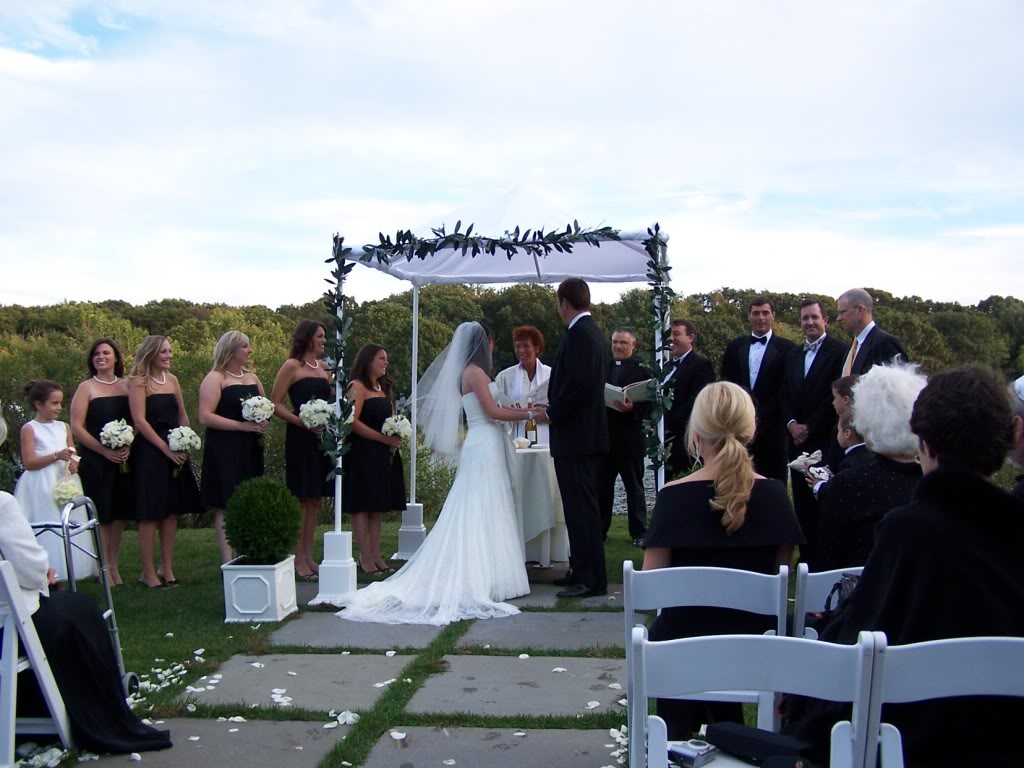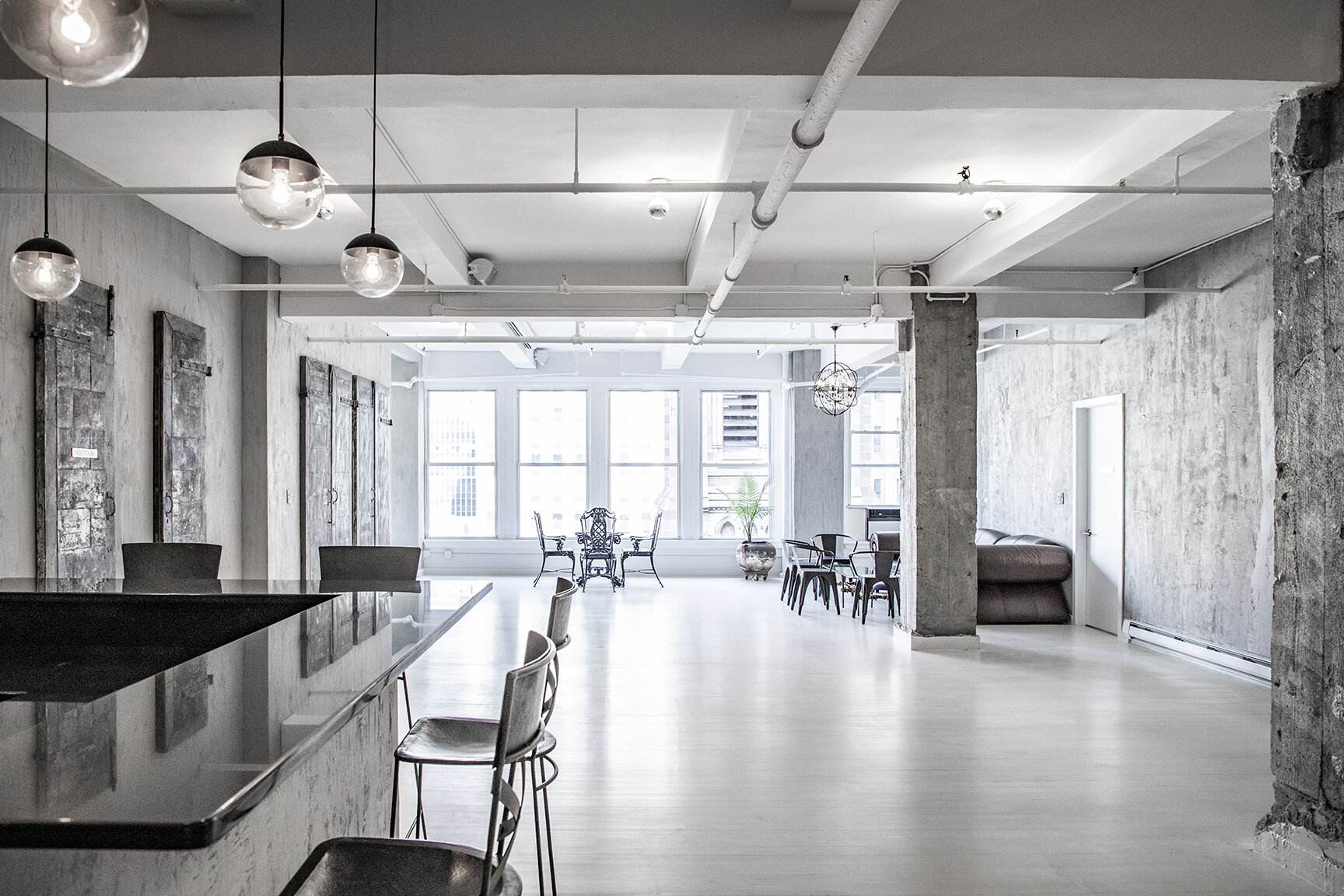
Selecting the perfect venue for a wedding or special event involves careful consideration of numerous factors. Chef’s Culinary Journey will guide you through deeper into each step to ensure you make an informed decision:
1. Define Your Vision and Theme Wedding/Event Style
Formal: Think grand ballrooms, luxury hotels, or historic mansions.
Casual: Consider beachfront properties, gardens, or rustic barns.
Rustic: Look for barns, farms, or vineyards.
Modern: Art galleries, lofts, or urban rooftops.
Bohemian: Outdoor spaces like forests, deserts, or beaches.
Traditional: Churches, banquet halls, or country clubs.
Color Palette and Décor: Ensure the venue’s existing décor and color scheme align with your vision. For example, a white-walled gallery is perfect for modern themes, while a wooden barn suits rustic styles.
Season and Time of Day
Spring/Summer: Outdoor gardens, beaches, or vineyards.
Fall/Winter: Cozy indoor spaces with fireplaces or elegant ballrooms.
Daytime: Bright, airy venues with lots of natural light.
Evening: Venues with excellent lighting and ambiance.

2. Set a Budget-Venue Costs
All-Inclusive Venues: These often include catering, tables, chairs, linens, and sometimes even decor. Examples include hotels and banquet halls.
Blank Canvas Venues: These require you to bring in everything, from catering to decor. Examples include raw spaces like warehouses or parks.
Hidden Fees:
Service Charges: Often 18-22% of the total bill.
Overtime Fees: Charged if your event runs longer than agreed.
Cleaning Fees: Some venues charge for cleanup after the event.
Security Deposits: Refundable deposits to cover potential damages.

3. Choose the Location
Convenience: Proximity to Guest: Ensure the venue is easily accessible for the majority of your guests.
Accommodations: If many guests are traveling, choose a venue near hotels or with on-site lodging. – Local Attractions: For destination weddings or events, consider venues near tourist attractions, beaches, or cultural sites.
Parking and Transportation:
Parking: Ensure there’s ample parking or valet services.
Transportation: Consider shuttle services for guests if the venue is remote.

4. Determine the Guest Count-Capacity:
Intimate Events: Small venues like private dining rooms, gardens, or boutique hotels.
Large Events: Banquet halls, convention centers, or outdoor tents.
Layout -Seating Arrangements: Ensure there’s enough space for tables, chairs, and a dance floor. Flow of Events: Consider how guests will move between areas (e.g., ceremony, cocktail hour, reception).
5. Consider the Venue’s Amenities-Catering:
In-House Catering: Often more convenient and cost-effective.
Outside Catering: Allows for more customization but may incur additional fees.
Tables, Chairs, and Linens: Provided, check the quality and style.
Rentals: Factor in the cost and logistics of renting.
Lighting and Sound:
Lighting: Ensure the venue has adequate lighting, especially for evening events.
Sound: Check if the venue has a sound system or if you need to bring your own.
Dressing Rooms:
Bridal Suite: A private space for the bride and bridal party to prepare.
Groom’s Room: A separate area for the groom and groomsmen.
6. Visit the Venue in Person – Schedule a Tour & Timing:
Visit at the same time of day as your event to see the natural light and ambiance.
Ask Questions: Inquire about logistics, restrictions, and available services.
Ask About Restrictions:
Decor: Some venues have rules about hanging decorations or using candles.
Noise: Check if there are noise restrictions or curfews.
Check the Weather Plan:
Outdoor Venues: Ensure there’s a backup plan for rain or extreme weather.
Tents: Consider renting a tent for outdoor events.
7. Read Reviews and Get Recommendations:
Online Reviews & Platforms: Check reviews on Google, Yelp, or wedding-specific sites like The Knot or WeddingWire.
Common Themes: Look for recurring comments about service, cleanliness, and flexibility.
Word of Mouth: Friends and Family, ask for recommendations from people you trust.
Wedding Planners: They often have insider knowledge of the best venues.
8. Book Early:
Popular Venues: Peak Seasons, spring and summer weekends book up quickly.
Advance Booking: Some venues require booking 12-18 months in advance.
Contracts: Review carefully, ensure all details are included, from the rental period to included services.
Cancellation Policy: Understand the terms in case you need to change plans.
9. Consider Unique or Non-Traditional Venues:
Alternative Options:
Art Galleries: Perfect for modern, artistic weddings.
Barns: Ideal for rustic, country-themed events.
Vineyards: Great for romantic, scenic weddings.
Beaches: Perfect for destination or tropical-themed events.
Historic Mansions: Ideal for elegant, vintage weddings.
Personal Connection: A Meaningful Locations by choose a venue that holds special significance, like where you first met or got engaged.
10. Think About the Guest Experience & Comfort:
Climate Control: Ensure the venue has adequate heating and cooling.
Restrooms: Check the number and condition of restrooms, especially for large events.
Entertainment:
Dance Floor: Ensure there’s enough space for dancing.
Photo Booths: Consider the layout for fun activities.
Accessibility:
Elderly Guests: Ensure the venue is easy to navigate.
Disabled Guests: Check for ramps, elevators, and accessible restrooms.
Questions to Ask the Venue:
Capacity: What is the maximum number of guests the venue can accommodate?
Restrictions: Are there any restrictions on décor, vendors, or noise?
Backup Plan: What is the backup plan for outdoor events in case of bad weather?
Inclusions: What is included in the rental fee (tables, chairs, linens, etc.)?
Cancellation Policy: What is the cancellation policy?
Noise Restrictions: Are there any noise restrictions or curfews?
By thoroughly considering these factors and asking the right questions, you’ll be well-equipped to choose a venue that not only meets your needs but also creates a memorable experience for you and your guests. For further assistant visit the Chef’s Culinary Journey venue page. Happy planning!
